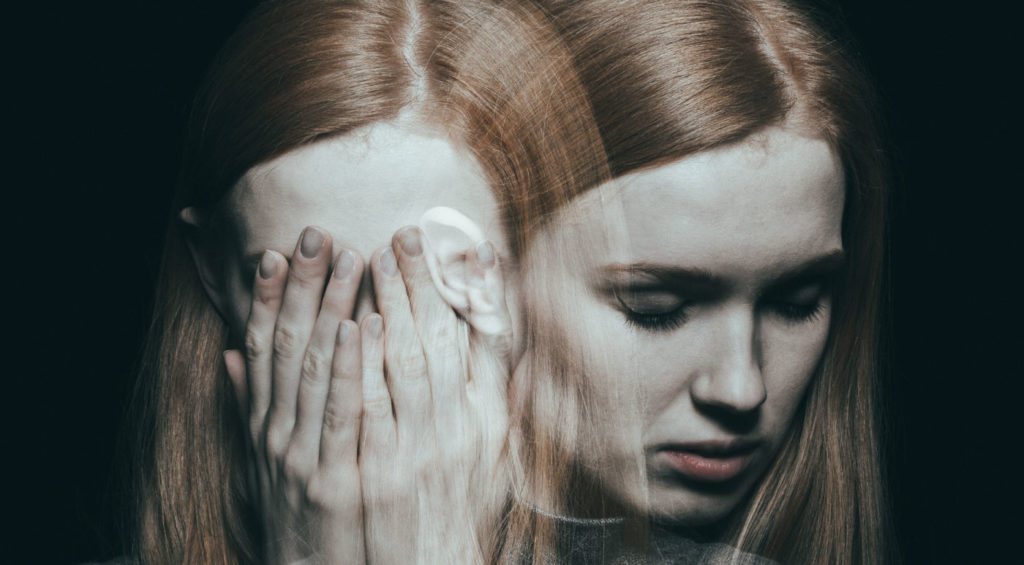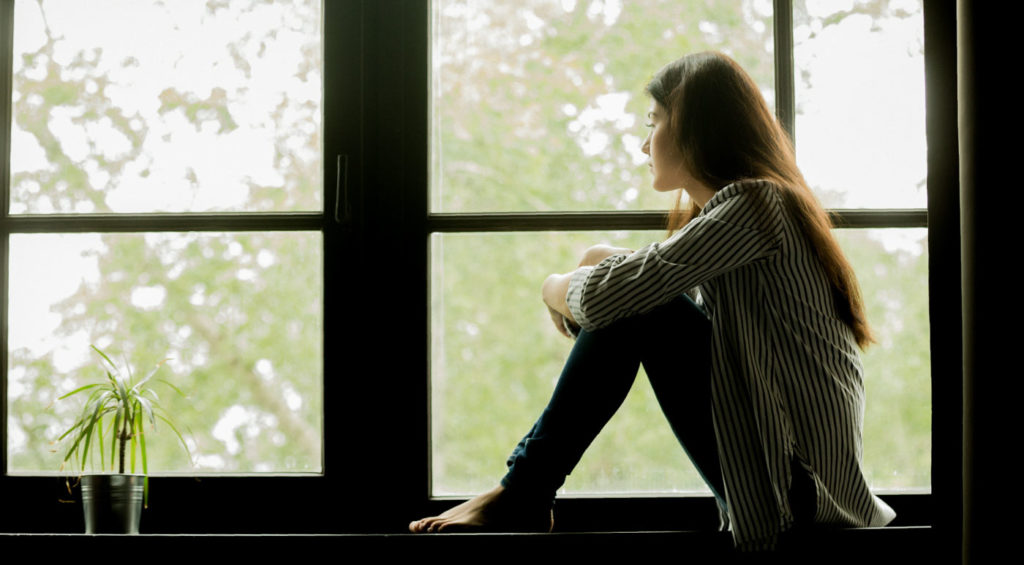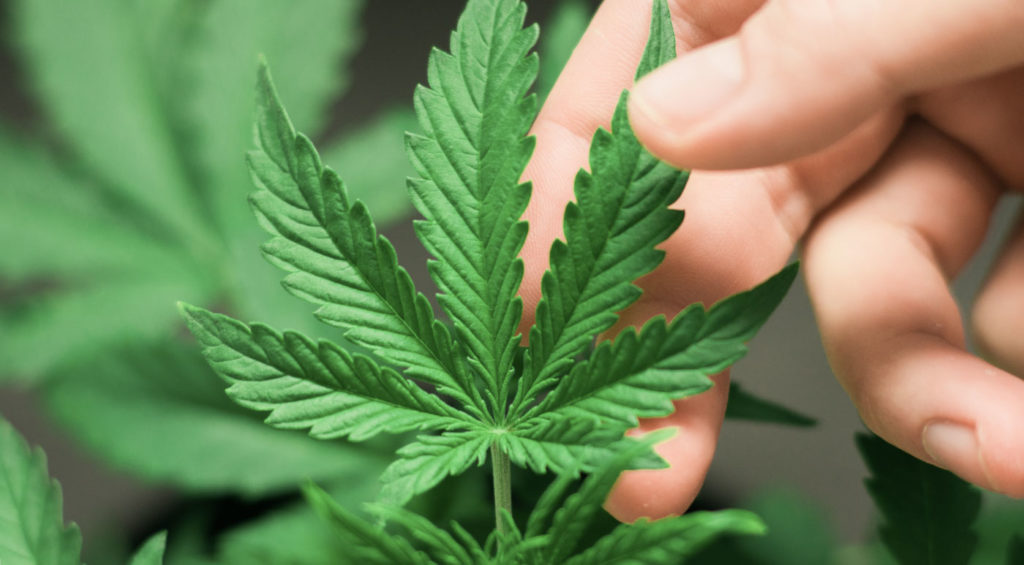
Bipolar disorder is notoriously difficult to manage with medications. And the typical medications used to treat bipolar disorder can create numerous side effects, even at low to moderate dosages. New treatment options for bipolar disorder that are more tolerable and still effective are in great need.
People have been using cannabis products to improve their health concerns for thousands of years. Researchers are just beginning to explore all the uses for cannabis products, specifically CBD, for various health conditions—including mental disorders like anxiety and bipolar disorder.
Table of Contents
- Using CBD for Bipolar: Just the Facts
- Understanding Bipolar Disorder
- CBD for Bipolar
- CBD vs. Marijuana
- CBD for Bipolar: How it Works
- What the Research Says
- Is CBD Oil Legal?
- The Safety of CBD
- Final Thoughts on Using CBD for Bipolar Disorder
Using CBD for Bipolar: Just the Facts
Bipolar disorder is a troubling mental health condition, and many people with the disorder experience adverse side effects from current medications. Researchers are studying CBD for its effect on brain functioning and influence on mood. Currently, most studies on CBD for bipolar are animal studies. However, there have been some human studies on how CBD affects some of the symptoms of bipolar disorder—such as anxiety. These studies are promising; however, further investigation into the use of CBD for bipolar disorder is definitely warranted.
Understanding Bipolar Disorder

Bipolar disorder is a complex mental health condition which is characterized by rapid mood swings, shifts in energy, and behaviors. People with bipolar disorder experience depressive episodes as well as periods of high energy, elevated mood, and sometimes erratic thinking, known as manic episodes.
With bipolar disorder, mood shifts can be rapid, or there can be prolonged periods of depression or mania lasting from days to months, or even years.
Common Symptoms of Bipolar Disorder
In bipolar, common symptoms include both mania and depression. Manic symptoms may Include:
- Rapid speaking and/or thoughts
- Increased energy
- Risky behaviors
- Grandiose thinking
- Irritability
- Decreased need for sleep
- Delusions or psychotic symptoms
In contrast to mania are depressive symptoms which are:
- Low mood or feeling sad
- Low energy
- Changes in sleep
- Lack of joy in activities
- Issues concentrating
- Changes in appetite
- Forget things a lot
- Thoughts of death or suicide
In some cases, a bipolar patient will experience depressive and manic symptoms at the same time, which is known as a mixed episode.
Types of Bipolar Disorder
There are two types of bipolar disorder: bipolar I and bipolar II.
Bipolar I disorder is the more severe form of bipolar disorder. In this form of the condition, a person has manic episodes that last at least seven days and are severe enough that they may require medical attention or hospitalization. Between manic episodes, a person will also experience depressive episodes and/or mixed episodes.
In bipolar II disorder, a person typically experiences depressive episodes as well as hypomanic episodes. Hypomanic episodes are similar to manic episodes but less severe and intense. For example, a person in a hypomanic episode may have increased energy, elevated motivation, and rapid speaking, but may not feel like anything is “wrong.” However, friends and family will often notice the shifts in mood.
Risk Factors for Bipolar Disorder
We do not know all the reasons why a person may develop bipolar disorder. However, there seems to be a link with some risk factors, which include:
- Family history
- Genetics
- Changes in brain structure and functioning
Conventional Treatment of Bipolar Disorder
The conventional treatment for bipolar patients often consists of a combination of mood stabilizers, anticonvulsants, and antipsychotic medications, as well as antidepressants.
Many bipolar patients report that they do not feel like themselves when taking these drugs, or they feel “emotionally flat-lined.” What’s more, these medications have several side effects, such as weight gain and increased risk of thyroid disease. For these reasons, bipolar patients often have low compliance levels with their meds.
CBD for Bipolar
Substance abuse is prevalent among bipolar patients, and marijuana use is the most common example.
THC, the psychoactive component of marijuana, is reported to cause psychosis, anxiety, and other adverse mental health side effects when taken in large doses. However, research suggests that cannabidiol (CBD), which also comes from cannabis products, may have the opposite effect and actually help reduce anxiety, mania, and panic attacks.
Some people with bipolar disorder report that their use of cannabis products, including CBD products and medical marijuana, has helped to alleviate their symptoms of both mania and depression.
CBD vs. Marijuana

People often confuse CBD and marijuana with one another. Some are concerned that CBD products will make them “high.” However, this is not the case.
CBD comes from the industrial hemp plant. Hemp and marijuana are both versions of the cannabis plant. However, there are essential differences between the two.
The reason people feel “high” when they use marijuana is due to its 9-tetrahydrocannabinol (THC) content. Industrial hemp plant contains very little THC to begin with, and CBD products are purified to remove any THC.
CBD for Bipolar: How it Works
The mechanisms of how CBD products influence the brain are being studied by researchers. They have found that CBD oil affects several areas of the brain and nervous system.
The Endocannabinoid System
CBD contains cannabinoids, including anandamide. These molecules bind to receptors within the endocannabinoid system. These cannabinoid receptors are located throughout our brains and bodies. They affect several aspects of health, including balancing emotions, influencing behaviors, impacting memory and decision making, and modulating pain and inflammation levels.
Anandamide is known as the “bliss molecule,” and researchers have found a relationship between this molecule and anxiety levels.
Research shows that CBD activates the CB1 and CB2 receptors within the endocannabinoid system, and it has an anti-anxiety and antidepressant effect. In addition, studies have found that activation of CB1 receptors has resulted in lower levels of fear, anxiety, and compulsion in study participants.
Serotonin Receptors and CBD
Serotonin is a chemical (also known as a neurotransmitter) which is found in the brain. Its role is to send signals about mood, behavior, appetite, and sleep.
Animal studies have shown that cannabinoids such as cannabidiol (CBD) affect serotonin receptors (5-HT1a) in the brain. They found that CBD may help balance serotonin levels, which interestingly enough, is the same target as antidepressant medications that are given to bipolar patients.
CBD and the Hippocampus
The hippocampus is an area deep in the brain which controls memory formation, affects decision making, and influences fear, anxiety, and other emotions. People with mental health issues, mood disorders, or a lot of chronic stress often have smaller hippocampi than others.
There is evidence that supports the ability of CBD oil to encourage the growth of new neurons in the hippocampus—which is referred to as “hippocampal neurogenesis.” This suggests that CBD could play an important role in new ways of approaching the treatment of bipolar disorder.
What the Research Says

Research on using CBD for bipolar disorder is just beginning. CBD has been studied in animal models for other mental health disorders such as panic attacks, depression, and anxiety—with positive results.
A double-blind, randomized clinical trial investigated the benefits of CBD for psychosis in 40 people. Participants were given either CBD oil or antipsychotic medication. Researchers found that both treatments were equally effective in alleviating psychotic symptoms. However, CBD produced far fewer side effects than the antipsychotic drug, which caused movement issues, weight gain, and hormonal dysregulation.
PTSD is a mental health condition characterized by panic attacks and high anxiety levels. A clinical study found that people with PTSD have lower levels of anandamide and therefore, less stimulation of the endocannabinoid system. Consequently, the researchers of this study suggest that this is a likely contributor to their high anxiety levels.
A recent clinical study found that CBD was not effective during a manic episode in bipolar patients.
A Summary of What the Research Says
Several mechanisms of how CBD affects brain functioning and mood have been identified: the endocannabinoid system, serotonin receptors, and hippocampal neurogenesis.
Clinical studies on CBD show it can be highly effective in reducing anxiety levels, fear, and psychosis; however, it has not been effective during the manic episodes in the bipolar studies.
More clinical trials on the use of CBD for bipolar disorder are needed to more fully understand its therapeutic use for this condition.
Is CBD Oil Legal?
Any marijuana or other cannabis plant products that contain THC are federally illegal. Some states, such as California, have approved marijuana for medical and recreational use. However, CBD products that contain only trace amounts of THC are legal throughout the United States. The majority of CBD products available, and those found on reputable sites like this one, contain less than the allowed 0.3% THC.
The Safety of CBD

CBD is considered to be very safe, and there is no known risk of overdosing. Furthermore, CBD has been approved for use in children with seizures and research studies involving children. The U.S. Food and Drug Administration (FDA) is responding to the positive research of CBD for health conditions. They have even approved a CBD product, Epidolex, for treatment-resistant seizures in children.
Some people do experience side effects with the use of CBD. Typically, these symptoms are mild to moderate in severity. Examples of common side effects are:
- Dry mouth
- Diarrhea
- Reduced appetite
- Drowsiness and fatigue
Final Thoughts on Using CBD for Bipolar Disorder
If you struggle with bipolar disorder, you may have tried CBD products—or you may be interested in trying them to help with your symptoms.
Speak to your doctor about the best treatment options if you are suffering from bipolar disorder. Do not change medications, medication dosages, or stop medications without medical guidance.
